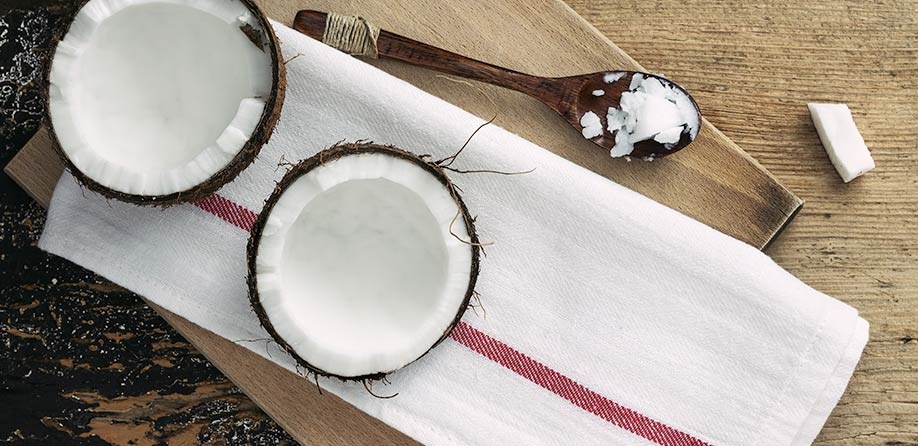
Coconut Oil and MRSA
MRSA (methicillin-resistant staphylococcus aureus) is a contagious, potentially lethal bacterial infection that’s difficult to eliminate, because it’s resistant to antibiotics. But the problem is that physicians are trying to use antibiotics to fight the disease – and antibiotics are immune-destroying drugs that pathogens are known to develop resistance against. In addition, physicians are neglecting to use natural antibiotic substances that germs, pathogens and bacteria don’t develop resistance to – and that don’t fundamentally destroy our first line of immune defence. Coconut oil is one such solution, and, for an MRSA sufferer, it can be used both internally and externally.
Taken internally, coconut oil is a renowned and powerful antiviral, antifungal, and antibacterial agent. With time, its disease-fighting lipid compounds build in the body and provide ongoing protection for numerous problems. Of course, coconut oil also helps eliminate immediate pathogenic problems. Staphylococcus aureus is among the many bacteria and viruses that coconut oil has been shown to inactivate. Many MRSA sufferers take 3-4 tablespoons or more of coconut oil every day.
Coconut oil also helps the body detoxify itself. This is important because MRSA not only affects the skin, but also poisons the blood. In fact, MRSA has been found to cause almost 40% of the blood poisoning cases in the UK. And, when your blood is being poisoned, the only logical solution is to help your body remove those poisons.
Externally, coconut oil can be used as skin lotion, which creates a protective barrier on the skin. Because of this barrier and the fact that your skin will have now protective antibacterial compounds in it, using coconut oil externally regularly before entering hospital or coming in contact with an infected person may protect you from the disease.
Coconut oil acts with compounds on our skin to create an acidic surface that is inhospitable to pathogens. Our bodies have this acidic barrier naturally, but soap frequently washes it away. This leaves us open to problems that enter the body through the skin – including MRSA. For this reason, it’s best to use coconut oil on the skin immediately after bathing to restore this protective barrier quickly.
For extra MRSA-fighting power, naturally antiseptic and antibacterial tea tree oil can be added to coconut oil before applying it to the skin. Tea tree oil has been shown in studies to be effective against the disease, and coconut oil will help draw the tea tree oil into the body as well.
Many physicians remain unaware of the effects of antibiotics on the long-term immune health of patients. However, even the orthodox “Merck Manual” states clearly that antibiotics destroy humans’ healthy bacteria.
Hippocrates Pure Food-Grade Coconut Oil (Organic, Cold-Pressed, Unrefined, Unbleached, Unhydrogenated, Virgin, Undeodorised) is available.




